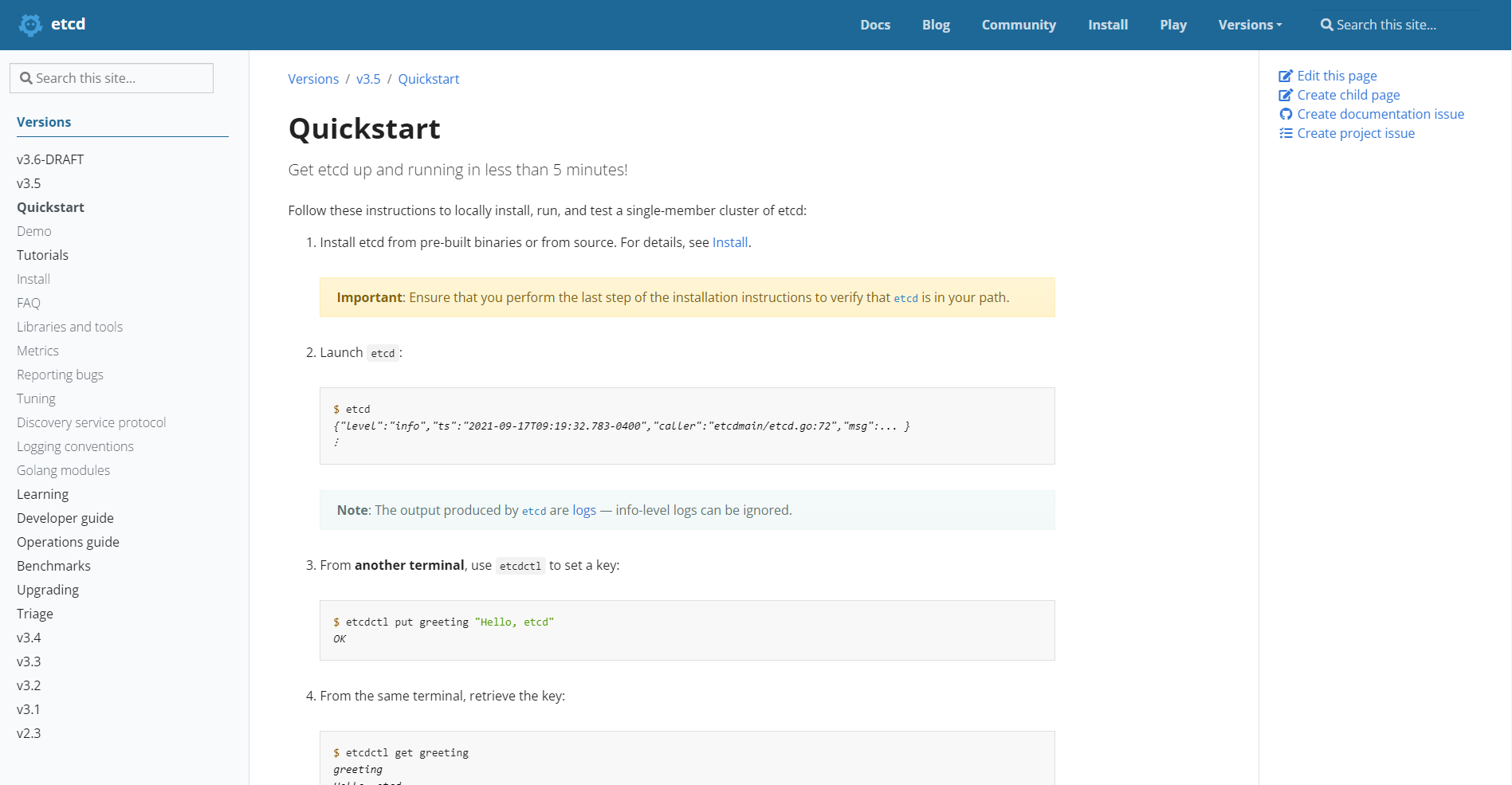etcd is a distributed key-value store that allows users to save and retrieve configuration data from numerous servers at the same time. Because the software is built to be highly available and fault-tolerant, it is an excellent choice for maintaining crucial configuration data in large-scale distributed systems. It has a straightforward yet robust API that allows users to manage data with simple key-value pairs. It also provides atomic updates, transactions, and watch notifications, allowing users to manage and synchronise their configuration data with a variety of powerful tools. Moreover, it also provides built-in security features including transport encryption, authentication, and authorisation to help secure the integrity and confidentiality of stored data.
If etcd is not working as usual at this time or maybe it’s down permanently then here are some of the best alternatives to etcd that you should consider utilizing.
So, find out which alternative is the best fit for you by trying some other Programs like etcd through our list of the best etcd alternatives so far:
 Website
Website
Best Alternatives To etcd
Consul by HashiCorp

Consul by HashiCorp is a powerful tool that offers a full solution for service networking, discovery, and configuration. Also, it is intended to assist developers and IT professionals in the development, security, and connectivity of distributed applications and services, making it a must-have tool for...
Cycle.io

Cycle.io is a sophisticated and adaptable container orchestration technology that allows users to effortlessly launch and manage cloud-based applications. The platform has many advanced capabilities, such as support for containerization technologies such as Docker and Kubernetes. Also, it has a user-friendly layout that is intuitive...
Check AlternativesApache ZooKeeper

Apache ZooKeeper is an open-source server development and maintenance effort that provides extremely dependable distributed coordination. ZooKeeper is a centralized service that handles configuration information, naming, distributed synchronization, and group services. Distributed apps employ all of these services in some way or another.
Check Alternatives